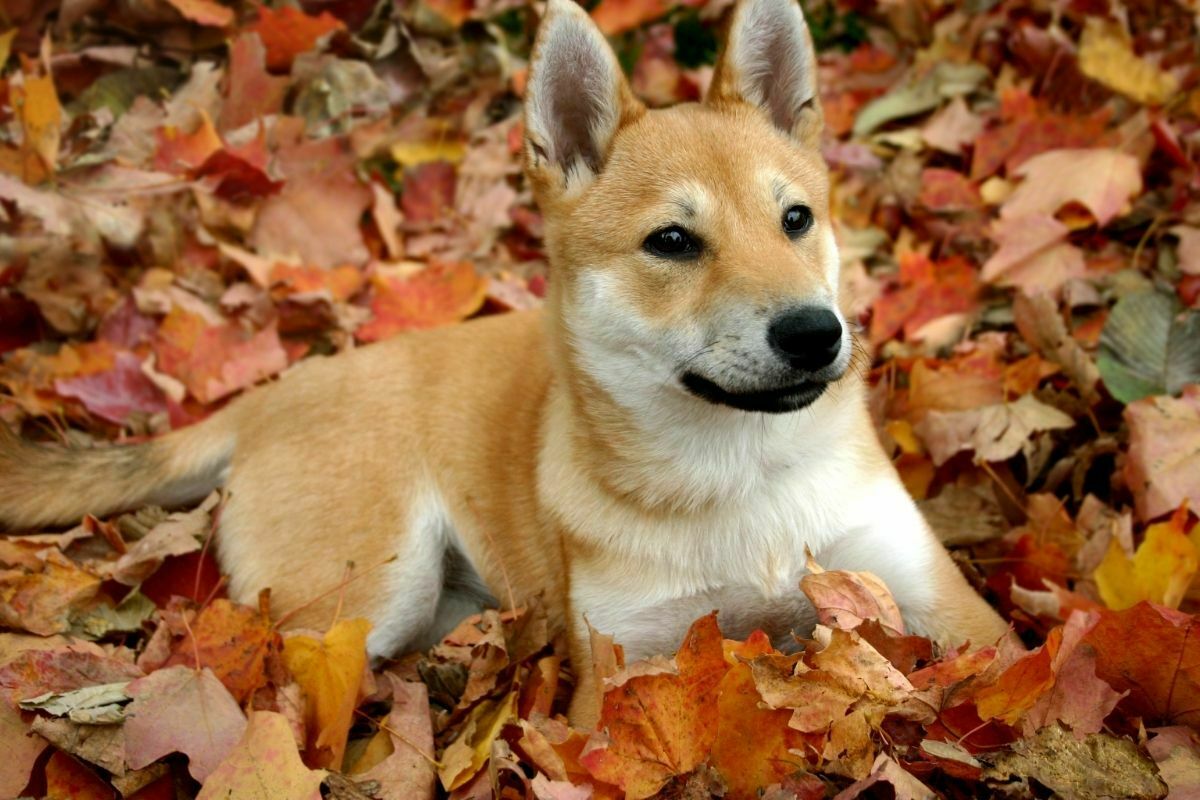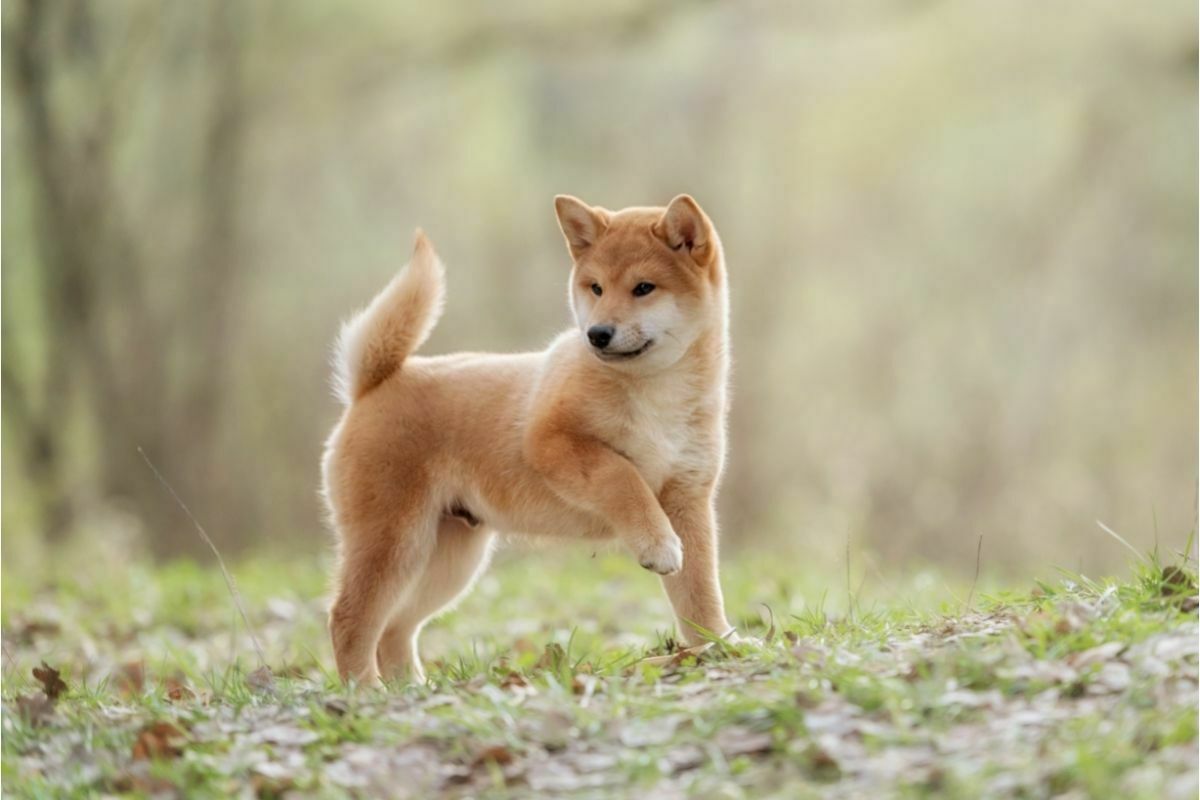The Shiba Inu is a medium-sized dog breed native to Japan. They are known for their sweet personalities and friendly nature. This breed has a coat that sheds heavily throughout the year.
Bathing your Shiba Inu too frequently or too infrequently can cause health issues. To ensure that your pet stays happy and healthy, you need to bathe them regularly.

However, if you do not bathe your Shiba Inu enough, they will develop skin problems such as dry skin and dandruff.
Bathing your Shiba Inus too frequently can also lead to other health issues. For example, frequent bathing can make it difficult for your Shiba Inu to regulate its body temperature. This can be dangerous because it may result in overheating or hypothermia.
In addition, excessive bathing can remove essential oils from your Shiba Inu. With all this in mind, let us take a look at how to bathe your Shiba Inu in more detail. Let’s go!
Does A Shiba Inu Like Bathing?
A Shiba Inu may protest when it comes to bath time, so do not be surprised if yours does! The majority of them do not like being wet or do not like water in general. However, there are exceptions who do not mind water at all.
One good way to make sure they do not resist being bathed is by exercising them first. This will tire them out and make them much calmer when bath time rolls around.
If that does not work, you can also give them treats and lots of praise to make the whole experience positive. This way, they might even look forward to the bathing time.
How Often To Bathe Your Shiba Inu
Shiba Inu are known to clean themselves, very much like a cat would. They groom because they are very clean dogs. They are also a Spritz type of breed, so their coat is quite dirt resistant, and they do not have a dog odor like many breeds.
However, when it comes to bathing, you will only need to intervene for around 3 to four months. If you do it too much, you risk stripping away their natural oils, which keep their skin and coat healthy. This can actually make them smell, as well as cause irritations of the skin.
Just like with human skin, the more you strip away the natural oils, the more oil they will produce to compensate for the loss. This will make their wonderful coat greasy, debris will attach itself to it, making the coat dirty, and the Shiba Inu will start to smell.
When cleaning between 3 and 6 months, the only circumstances are if your Shiba Inu has rolled about in the mud, feces, or a dead animal. Another good time is at the start of their heavy shedding. This will actually help them to lose the old hair and come out with a new coat.
How Should You Dry A Shiba Inu?
Not surprisingly, a Shiba Inu’s coat can take ages to dry naturally after bathing, especially if, at this point, they have a lot of undercoats. There is nothing wrong with waiting for it to dry, but you can also use a blow dryer to speed up the process.
The blow dryer you use for your hair will take a long time, so it is worth investing in a dog blow dryer specifically made for tougher and longer hair.
Even so, do not be tempted to spend lots of money on something similar in a grooming salon, as they can be expensive. There are cheaper at-home dog blow dryers that will not break the bank.
Should You Condition The Hair Of A Shiba Inu?
Whilst you might think that your Shiba Inu could do with some conditioner, it is not recommended. It will soften the coat and make it flat too, but in doing so, it will not actually look that nice on your Shiba Inu.
The conditioner may also affect the dirt-resistant nature of their coat, so it is better to step away from that idea altogether.
Is There A Way Of Cleaning A Shiba Inu Dry?

If you are at a point where you do not want to get your Shiba Inu wet, then you can give them a dry bath. If they have ended up getting their fur in something that is not pleasant or has some mud on them, and you would prefer not to give them a full bath, then there are a few options.
You can use a waterless shampoo. Whilst it does not replace a full bath (so do not make a habit of it), it can help to remove the mess. All you need to do is apply it to the coat and then use a sponge or a towel to remove the excess dirt away.
Another way is by using a dry shampoo. Whilst likely not to be as good, it does work. You can either buy dry shampoo, make your own using cornstarch alone, or mix it with baking soda.
The dry shampoo works by absorbing dirt and excess oil and helping to deodorize your Shiba Inu.
Should You Brush A Shiba Inu?
Whilst you might not want to give them a regular bath each week, you will want to brush their fur. Doing it around once or twice a week will help to keep dirt out and to remove some of the undercoats.
When they are shedding, you will want to brush your dog’s fur daily to help them along and stop the fur from matting.
Does A Shiba Inu Smell Bad?
If you want a dog that does not have that typical doggy odor, then a Shiba Inu is a great choice. They are rather clean animals who like to groom themselves just like a cat does. They lick their own fur and can even produce fur balls.
Because their fur is also largely resistant to dirt, it also helps to remove smells. The dirt, once it becomes dry, can actually fall off. Plus, brushing them helps remove debris from their fur, which will again remove any unwanted smells.
If you do find that your Shiba Inu has begun to smell, there could be a medical reason for it. When this happens, there may be a skin issue or something related to their health, so take them to a vet if you are particularly concerned about your Shiba Inu.
Final Words
If you own a Shiba Inu, you will know they have magnificent fur. With this in mind, you will want to know how often you should bathe your dog and if too many times or too few times will affect their fur.
A Shiba Inu is a rather clean animal who spends its time grooming, much like a cat, so they will only need to be bathed every 3 to 4 months, with the exception of if they roll about in mud or need help before they shed their thick undercoat.
You can also brush their fur every week to ensure that no dry dirt has found its way on their coat that they have not been able to remove.
If you clean them too much, they will have their natural oils stripped, which may cause them to produce more oil and have oily skin, as well as possible skin irritations.
They are not as smelly as some dogs and require little bathing, so are fantastic and friendly dogs to have in the home.
